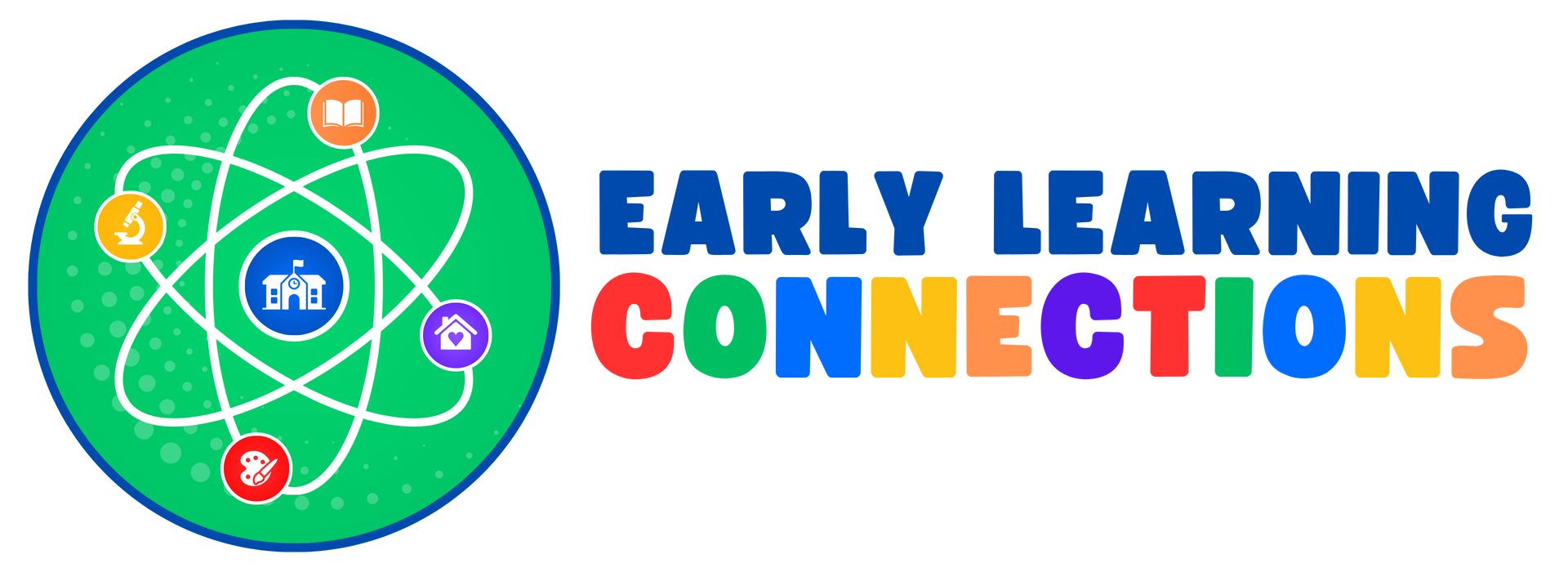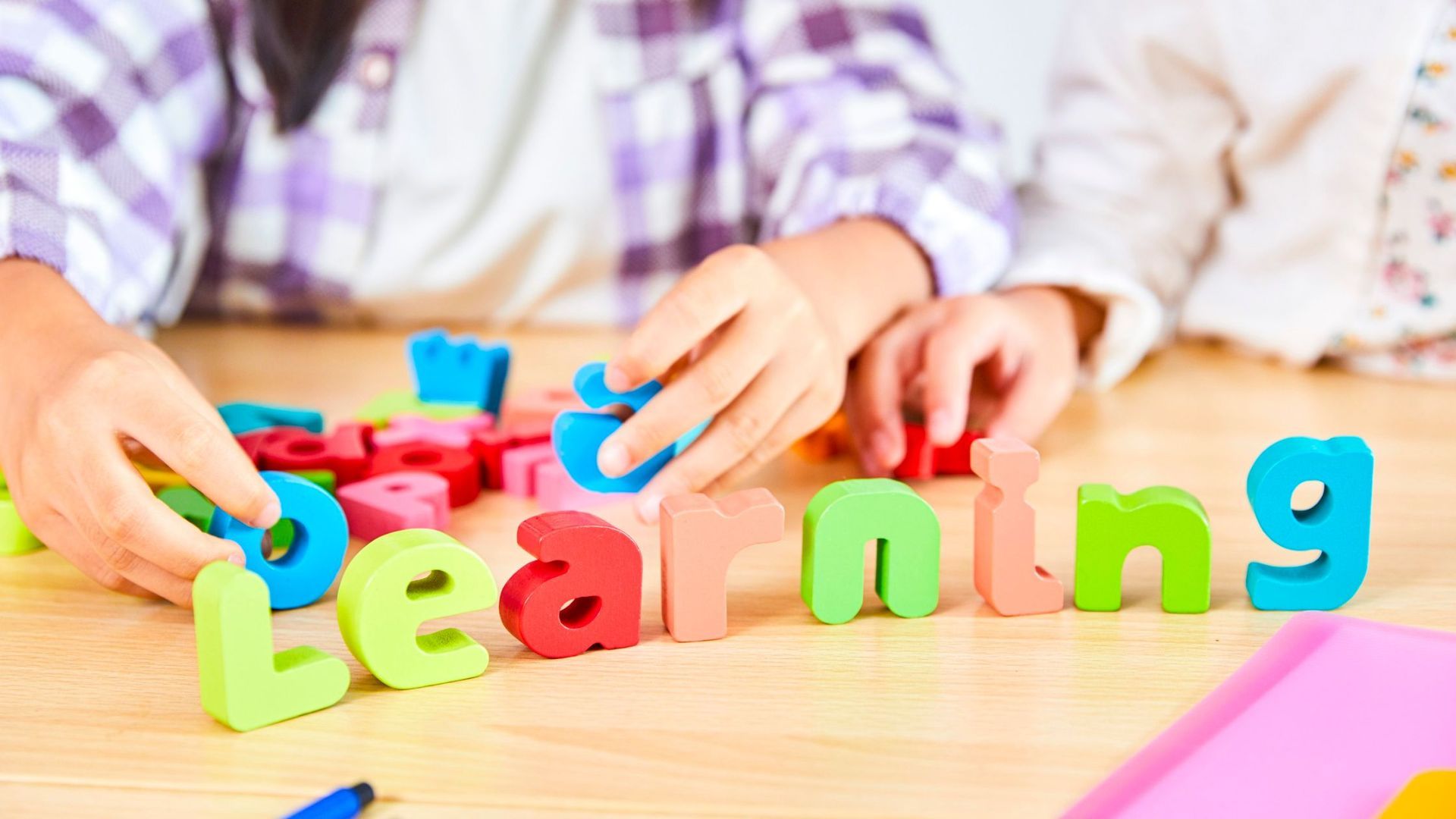Teaching Emotional Intelligence in Early Childhood

Introduction
Emotional intelligence (EI) is the ability to recognize, understand, and manage one's emotions while also being able to empathize with others. In early childhood, developing emotional intelligence is just as important as learning academic skills. Teaching young children how to navigate their emotions helps them build stronger relationships, improve communication, and develop resilience. This article explores the importance of emotional intelligence in early childhood and effective ways to nurture it.
The Importance of Emotional Intelligence in Young Children
Builds Stronger Relationships
When children learn to identify their emotions and express them appropriately, they develop better relationships with parents, teachers, and peers. They also learn how to navigate social interactions with kindness and empathy.
Enhances Self-Regulation
Teaching children to recognize and control their emotions helps them manage stress, frustration, and disappointment in a healthy way. Instead of reacting impulsively, they learn to think before they act.
Improves Communication Skills
Emotional intelligence enables children to articulate their feelings clearly. When they can express their needs and emotions effectively, it reduces misunderstandings and conflicts.
Encourages Empathy and Compassion
Understanding their own emotions allows children to recognize and empathize with others' feelings. This fosters kindness, cooperation, and a sense of community.
Supports Academic Success
Emotionally intelligent children are better equipped to focus, follow instructions, and handle challenges, all of which contribute to a positive learning experience.
Ways to Teach Emotional Intelligence to Young Children
1. Help Children Identify Their Emotions
Encourage children to name their feelings when they experience them. Using phrases like "I see you're feeling frustrated" or "You look really happy about this" helps them associate words with emotions. Emotion charts or books about feelings can also support this learning process.
2. Model Healthy Emotional Expression
Children learn by observing adults. Expressing your emotions in a calm and constructive manner teaches them how to do the same. If you're feeling upset, verbalizing it—"I'm feeling frustrated, so I need to take a deep breath"—demonstrates emotional regulation.
3. Encourage Problem-Solving and Coping Strategies
Teach children that emotions are normal but should be handled in a healthy way. Encourage techniques such as deep breathing, counting to ten, or talking about feelings rather than acting out. Role-playing different scenarios helps them practice responding to various emotions.
4. Promote Empathy Through Perspective-Taking
Ask children questions like, "How do you think your friend felt when that happened?" or "What would you do if someone was feeling sad?" These conversations help them develop empathy by considering the emotions of others.
5. Use Books and Stories to Teach Emotions
Children’s books that focus on emotions and social interactions are excellent tools for teaching emotional intelligence. Discussing characters’ feelings and actions helps children relate those experiences to their own lives.
6. Encourage Expressive Play
Dramatic play, role-playing, and art activities allow children to express their emotions in a creative and safe way. Acting out different scenarios can help them process feelings and practice problem-solving.
7. Validate Their Feelings
It's important for children to know that all emotions are valid. Instead of dismissing their feelings, acknowledge them with statements like, "I understand that you're sad because your toy broke." This teaches them that emotions are natural and manageable.
The Long-Term Benefits of Teaching Emotional Intelligence
Children who develop emotional intelligence at an early age experience benefits that extend into adulthood, including:
- Greater emotional resilience
- Stronger friendships and social skills
- Better academic performance
- Higher self-confidence and self-awareness
- Improved ability to handle stress and challenges
Emotional intelligence is deeply connected to overall well-being, and proper nutrition plays a crucial role in supporting a child's mood, concentration, and emotional resilience. Discover how nutrition impacts early childhood development.
Just as recognizing and managing emotions helps children communicate effectively, storytelling enhances their ability to express thoughts and understand different perspectives. Learn how storytelling fosters language and cognitive skills.
Conclusion
Teaching emotional intelligence in early childhood lays the foundation for healthy emotional development, social interactions, and overall well-being. By helping children recognize and regulate their emotions, fostering empathy, and encouraging effective communication, parents and educators can equip young learners with essential life skills. Emotional intelligence is not just about managing feelings—it’s about thriving in relationships, learning environments, and beyond.










